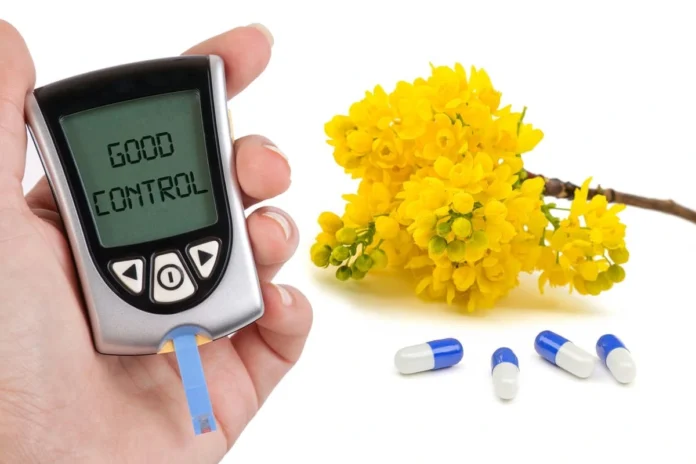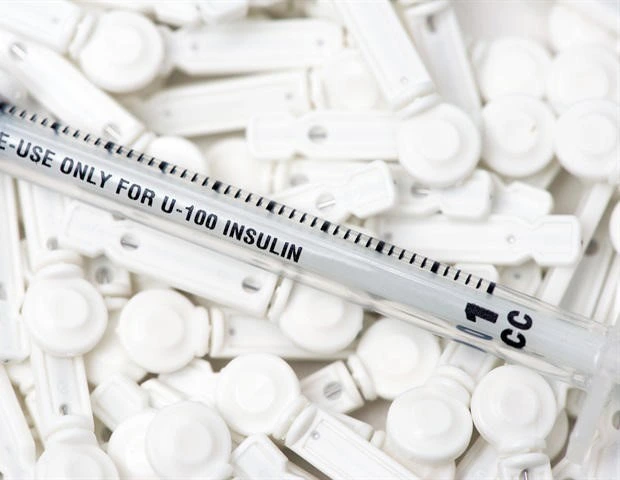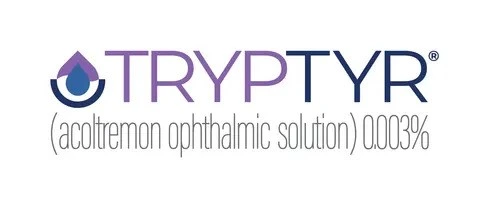Plant-based pill shows promise in type 2 diabetes treatment
A recent clinical trial has found that a plant-based pill could offer a promising new treatment option for people with type 2 diabetes.
The drug, a derivative of berberine, was shown to significantly improve blood glucose control while also benefiting heart and liver health.
What is Berberine?
Berberine is a naturally occurring compound found in various plants. It has been used in traditional Chinese medicine (TCM) for centuries to treat digestive issues, inflammation and infections.
Researchers have recently been investigating its potential for managing metabolic conditions like diabetes.
A phase 2 clinical trial led by researchers from Peking University People’s Hospital, China, assessed the safety and effectiveness of berberine ursodeoxycholate (HTD1801) in people with 2ype 2 diabetes whose blood sugar levels were not adequately controlled through diet and exercise alone.
The study included 113 participants with an average age of 54. They were divided into three groups and received either:
A placebo
500 mg of HTD1801 twice daily
1,000 mg of HTD1801 twice daily
The main goal of the study was to measure changes in HbA1c, a marker of blood sugar control over the past two to three months.
At the start of the trial, participants had HbA1c levels between 7% and 11% (the target for good diabetes control is below 7%).
After 12 weeks, the study found:
The placebo group saw a 0.3% reduction in HbA1c
The 500 mg group saw a 0.7% reduction
The 1,000 mg group saw a 1.0% reduction
The higher dose of HTD1801 led to clinically meaningful improvements, with over 55% of participants reaching an HbA1c below 7% and nearly 30% achieving levels below 6.5%.
Beyond improving blood sugar levels, HTD1801 also showed positive effects on:
Insulin resistance: Helping the body respond better to insulin
Cholesterol: Reducing LDL (“bad”) cholesterol
Inflammation and heart health: Lowering markers linked to cardiovascular disease
Liver health: Benefiting those at risk of non-alcoholic fatty liver disease (NAFLD)
Importantly, none of the patients experienced significant weight gain – a common issue with some diabetes treatments.
Safety
The study found HTD1801 to be generally safe and well tolerated. Side effects were reported across all groups, including the placebo. However, mild gastrointestinal symptoms were more common in the higher dose group (71% vs. 46% in the 500 mg group and 39.5% in the placebo group).
Only four patients had severe adverse events, but these were not linked to the drug.
One patient experienced mild hypoglycemia, though researchers determined it was unrelated to HTD1801.
The researchers concluded that HTD1801 could be an effective and well-tolerated oral treatment for type 2 diabetes.
It may be used alone or alongside existing diabetes medications to help improve blood sugar control, heart health and liver function.
Larger trials are needed to confirm these findings before HTD1801 can become widely available but the results so far suggest that this plant-based treatment could be a game changer for people with type 2 diabetes.
The study was funded by Shenzhen HighTide Biopharmaceutical Ltd and published in JAMA Network Open.











